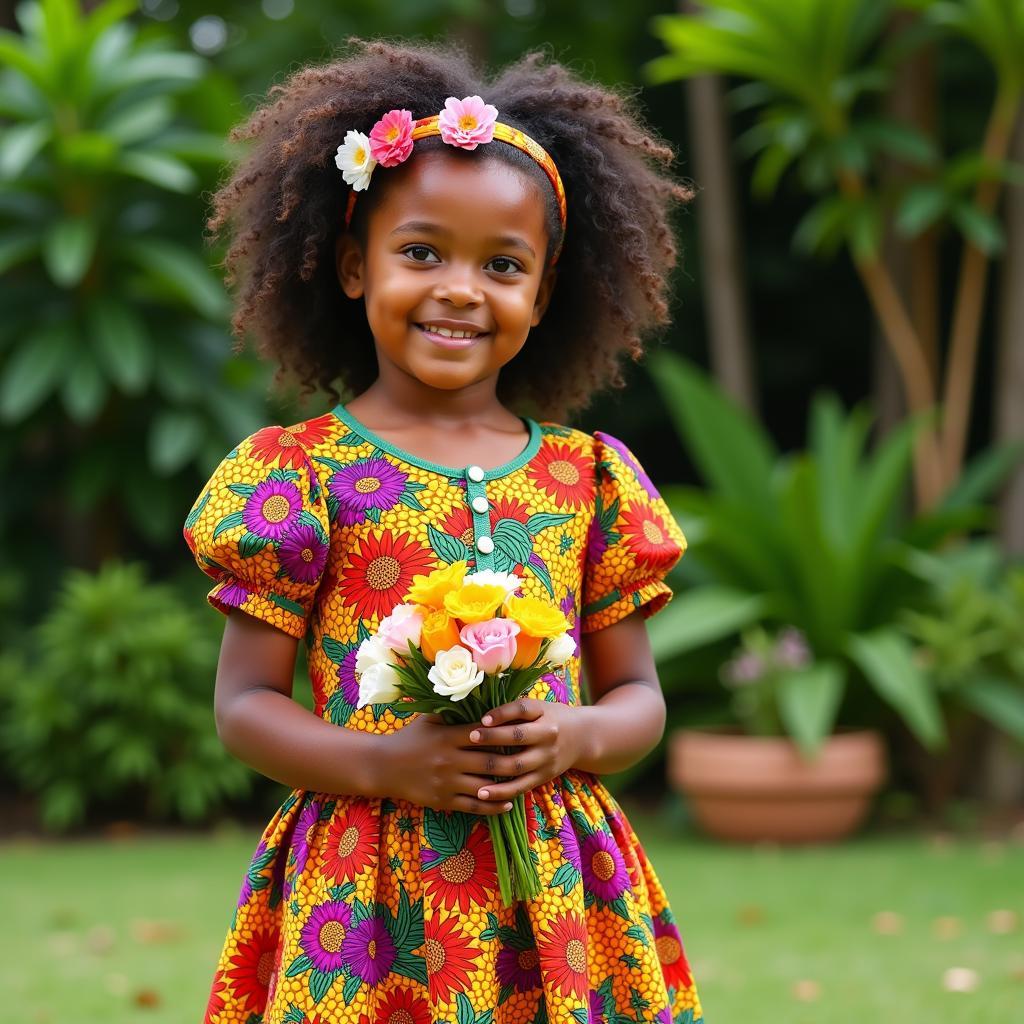The “African Kid Calculator Meme” Explained: Understanding its Cultural Impact
The “African Kid Calculator Meme” has become a popular internet sensation, capturing attention across the globe. But what exactly is it, and why has it resonated so strongly with audiences? This meme, featuring a young African child holding a calculator, embodies a combination of humor, cultural stereotypes, and a touch of irony that has sparked both amusement and controversy.
What is the “African Kid Calculator Meme”?
The meme typically depicts a young African child, often dressed in simple clothing, holding a calculator and staring intently at the camera. The image is frequently accompanied by a humorous caption, often suggesting that the child is trying to solve complex mathematical equations or engage in advanced scientific calculations.
The Origins of the Meme
The exact origin of the meme is unclear, but it is believed to have emerged on social media platforms like Facebook and Twitter sometime in the early 2010s. The meme’s popularity has been fueled by its relatability, its playful use of stereotypes, and its ability to elicit both laughter and reflection.
Cultural Implications
The meme has sparked discussions around cultural representation and stereotypes. Some argue that the meme perpetuates negative stereotypes about African people, portraying them as uneducated or lacking in intellectual capacity. Others see the meme as a humorous and harmless way to connect with a shared cultural experience.
Analyzing the Humor
The humor in the meme often stems from the juxtaposition of the child’s appearance – often seen as a symbol of poverty or lack of opportunity – with the advanced technology of the calculator. The meme plays on the common stereotype of Africa as a continent lagging behind in technological development.
The Meme’s Appeal
The meme’s appeal lies in its ability to both entertain and provoke thought. It offers a lighthearted commentary on cultural stereotypes while simultaneously raising questions about how we perceive and represent different cultures.
Controversy Surrounding the Meme
The meme has been criticized by some for perpetuating racist stereotypes and contributing to a negative perception of Africa. Others argue that the meme is simply a humorous exaggeration that doesn’t intend to cause harm.
Exploring the Deeper Meaning
Beyond the humor, the meme can also be seen as a reflection of the complex relationship between Africa and the Western world. It highlights the persistent gap in access to resources and opportunities, and raises questions about the role of technology in shaping our perceptions of different cultures.
The Future of the Meme
The “African kid calculator meme” continues to be a source of both amusement and controversy. As social media evolves, it’s likely that the meme will continue to adapt and change, reflecting our evolving understanding of cultural representation and the power of humor.
FAQ
1. Is the “African Kid Calculator Meme” offensive?
The answer is subjective and depends on individual perspectives. Some find the meme humorous, while others find it offensive for perpetuating stereotypes.
2. What is the purpose of the meme?
The meme’s purpose is debated. Some see it as a lighthearted way to connect with a shared cultural experience, while others believe it reinforces negative stereotypes.
3. What are the ethical implications of the meme?
The meme raises ethical questions about cultural representation and the potential for perpetuating harmful stereotypes.
4. How can we engage with the meme in a responsible way?
It’s important to be mindful of the potential harm of the meme and to use it in a way that promotes understanding and respect for all cultures.
5. What are some alternative memes that celebrate African culture?
There are numerous memes that celebrate African culture in positive ways, highlighting its rich history, music, art, and achievements.
6. What are some resources for learning more about African culture?
There are many websites, books, and organizations dedicated to educating people about African culture, history, and achievements.
7. How can we challenge harmful stereotypes about Africa?
We can challenge harmful stereotypes by engaging in critical thinking, promoting diverse voices, and actively seeking out accurate information about Africa.

